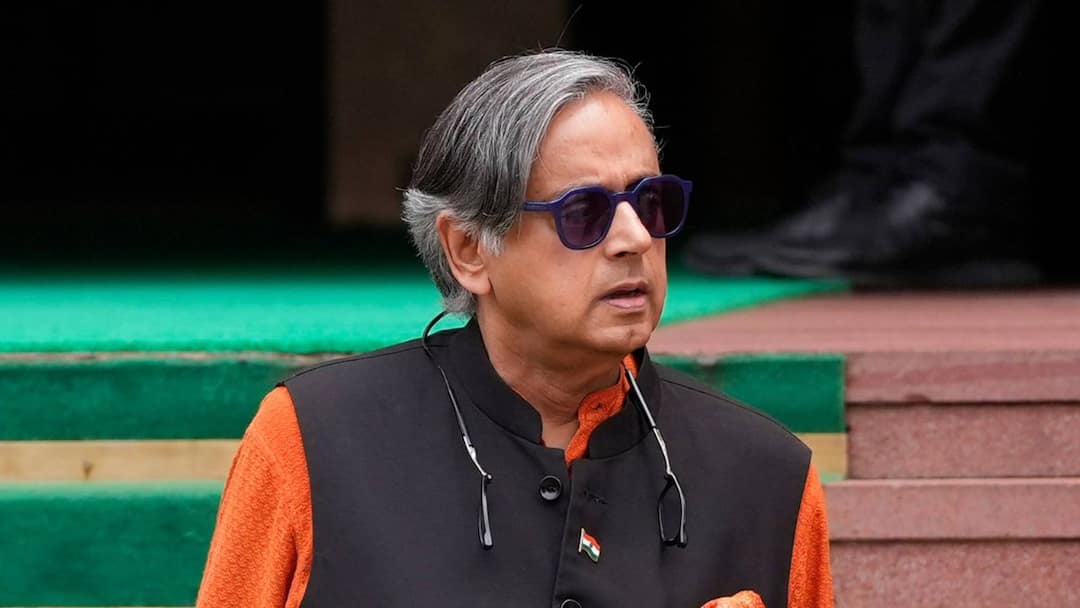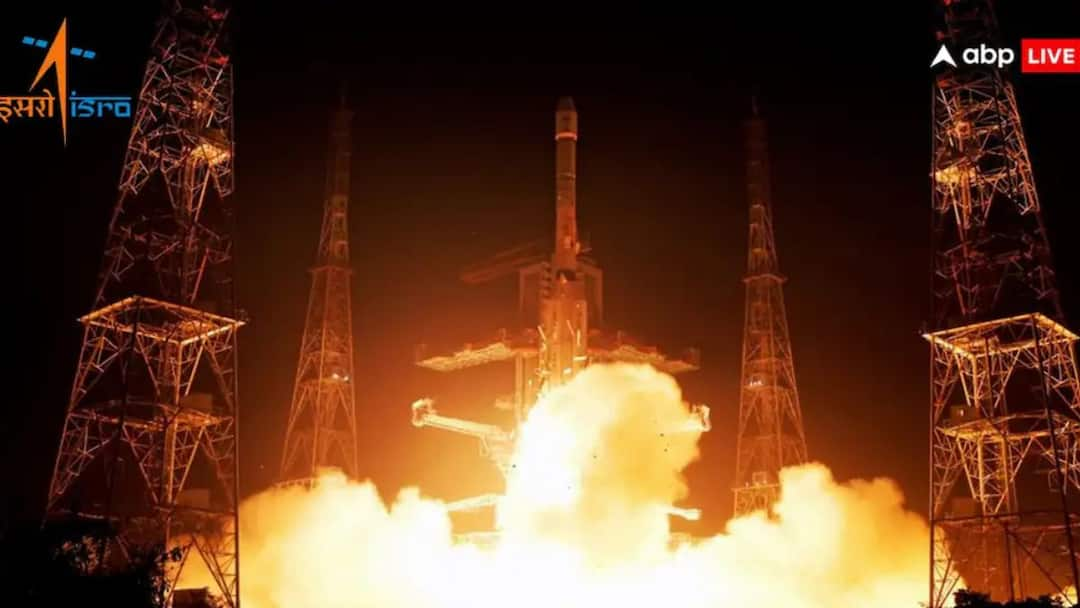A week after renowned Hindi scholar Francesca Orsini was deported from Delhi for allegedly violating visa conditions, senior Congress leader Shashi Tharoor has criticised the government’s handling of the incident, saying that “official India needs to grow a thicker skin, a broader mind and a bigger heart.”
Tharoor’s remarks came in response to a column by former BJP MP Swapan Dasgupta, who argued that while the State has every right to enforce visa compliance, it has “no business assessing a professor’s scholarship.” Dasgupta warned that India must avoid giving the impression that it has closed its doors to foreign academics.
Quoting the piece on X, Tharoor said he agreed with Dasgupta’s sentiment, adding that such actions harm India’s global image.
“Rolling out an ‘unwelcome mat’ at our airport immigration counters to deport foreign scholars and academics because of trivial visa violations is doing us far more damage — as a country, a culture and an internationally credible nation — than any number of negative articles in foreign academic journals could ever accomplish,” Tharoor wrote.
He concluded with a sharp message for the authorities:
“Official India needs to grow a thicker skin, a broader mind & a bigger heart.”
Deportation of Francesca Orsini
Orsini, a professor emerita at the School of Oriental and African Studies (SOAS), University of London, was deported from Delhi airport on October 21 after arriving from Hong Kong. Officials alleged she was travelling on a tourist visa and had been blacklisted in March for breaching visa rules.
According to a source quoted by PTI, “This is standard global practice — if a person is found violating visa conditions, he or she can be blacklisted.” Government guidelines require foreign nationals to strictly adhere to the purpose of visit declared in their visa applications.
An Italian national, Orsini previously taught at Cambridge University before joining SOAS. Widely regarded as one of the foremost Western scholars of Hindi literature, she is best known for her influential book The Hindi Public Sphere 1920–1940: Language and Literature in the Age of Nationalism.


